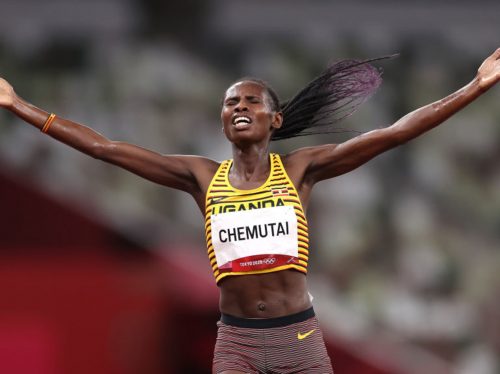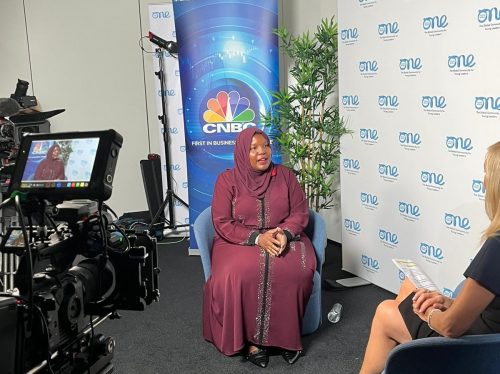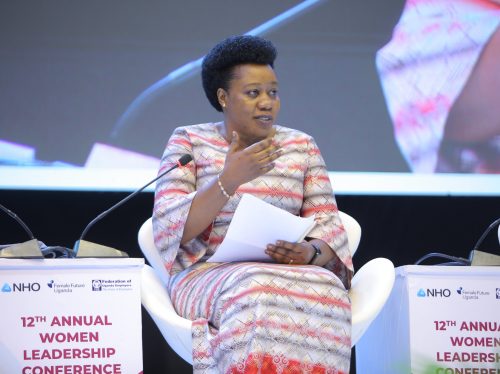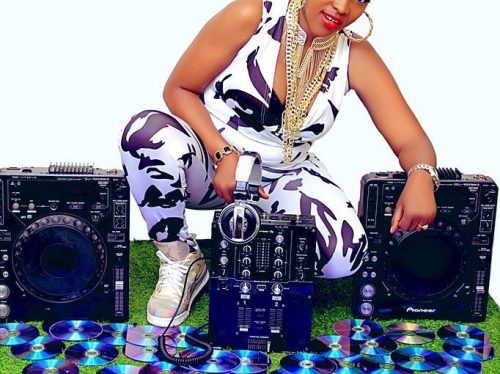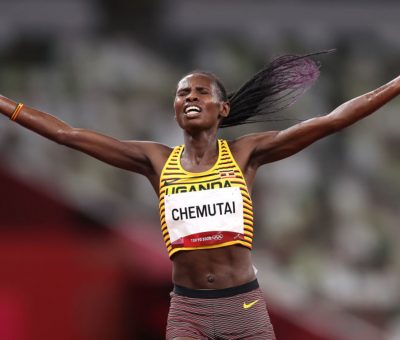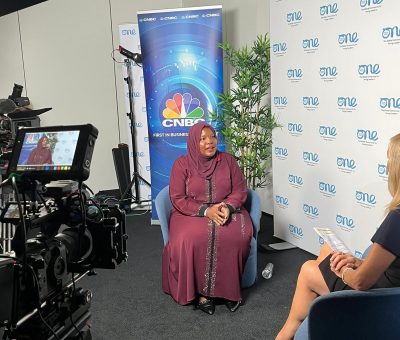Could Uganda’s entertainment industry be promoting self-objectification among women silently?
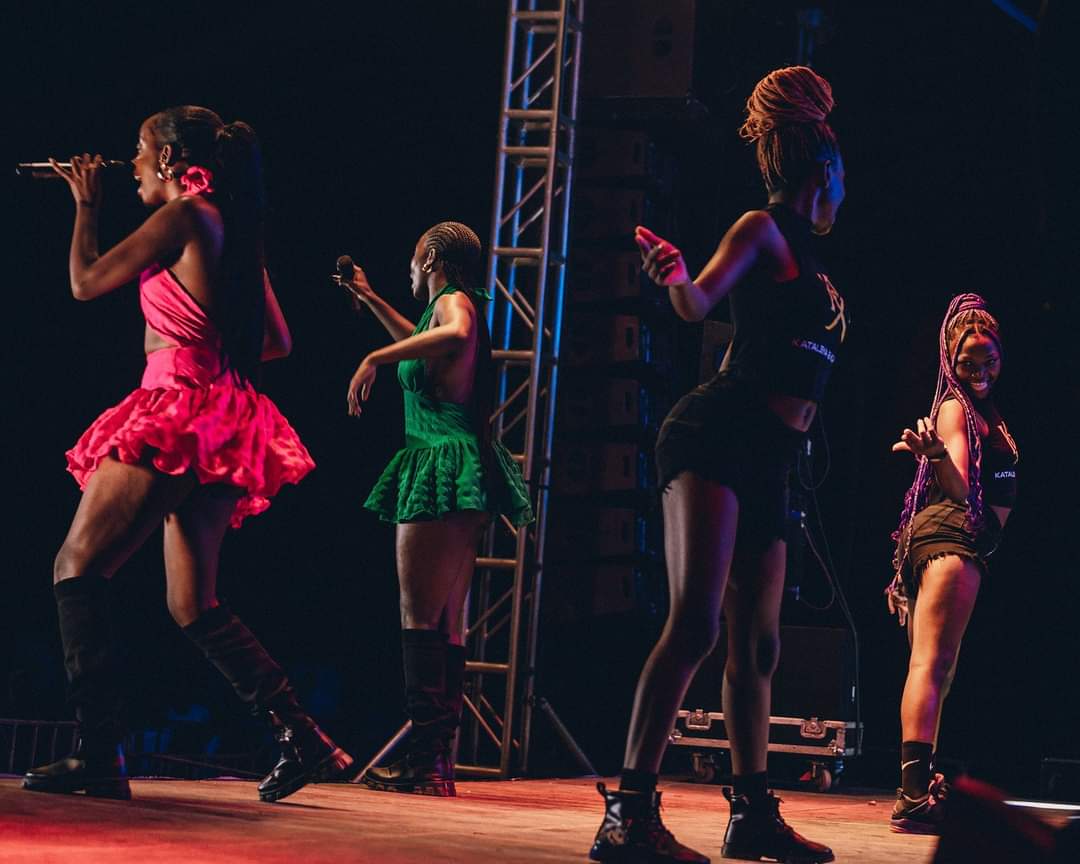
To think that the entertainment industry in Uganda is progressively using women’s bodies as objects to make money and trend is insane. When did we get here, what happened to viewing women as pivotal drivers for change and development in society?
Today it is normal for a man to publically insult a woman, because she has small buttocks over a colleague who has bigger ones. There is another disgusting point of reference ‘’brown thighs’’.
Men will praise light skinned women over the chocolate skinned ones making them feel invisible or undesirable and this is not just a trend, these are mind-sets being rooted. In the future activists and organisations will have more than stereotypes to change.
On 19th August, 2023 Galaxy Radio organised and hosted the trending ‘’Nyash festival’’, where women with buttocks that stand out were the major target in regards to attendance. Before you dismiss my submission look at the official artwork, it comprises an image of a woman with a small waist and a giant backside, in red to emphasise the message.
According to a Plan International study on gender discrimination, objectification is typically defined as a culture’s tendency to treat women’s bodies as objects rather than as active autonomous entities.
That is exactly what such events promote, and this makes it even more complicated for society to challenge social norms and behaviours that promote violence against women and girls.
My question is where the activists and lawmakers are in this whole fiasco. Aren’t we aiming for equal rights anymore? Who approves these festivals, are there policies laws protecting women at such events.
How are we normalising the divide among women basing on physical appearance. Are women so thirsty for praise that mere body parts are now what they are identified by?
Promoting events in the entertainment industry solely focused on physical appearances, objectifies women and sends a damaging message to the young generation.
Are women to blame?
While people on the internet condemned the “Nyash festival’’ for the same argument of objectifying women, other especially men blamed the women for actually meeting the costs and attending such festivals.
Whereas some women passively adhere to social experiments expectations and stereotypes that stimulate the idea of objectifying women, many will find themselves trapped by the perception.
Women who live in societies that objectify them end up self-objectifying themselves, accepting and adopting an outsider’s view of who they are.
Research shows that women that engage in self-objectification are likely to experience mental health problems such as body dissatisfaction and depression among others rendering it very dangerous.
For many years girls and women have been poorly represented in the media and entertainment industry mainly as sexual objects. In the 21th century it is imperative that habits, cultures that reinforce traditional stereotypes be prohibited in society.
Women and girls must be encouraged to tell their own stories that reflect their potential. Instead of encouraging a culture where women’s bodies are viewed as valuable, let us fight for women to be valued beyond body parts.
By Hedwig Arinaitwe
Journalist/ Communications Practitioner


